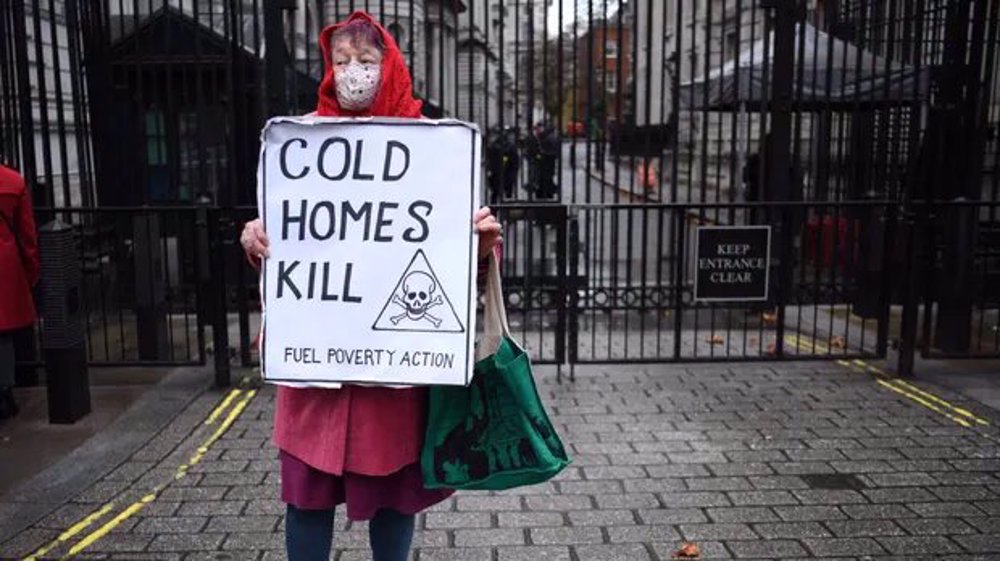
In his remarks on Monday, Szijjarto warned that, unlike oil and gas, ideological convictions won't keep Europeans warm in the winter.
He stressed that while "ideological, political, communication statements with effective support from the international media can easily inflate balloons that cover people's eyes," all the ideology in the world won't keep EU citizens warm when winter chill sets in.
The top Hungarian diplomat said Western Europe's policy of rejecting Russian energy, despite no suitable alternatives, could lead to systemic collapse when the public is left without heat this winter.
"All these statements ... from Western Europe on the issue of energy supply simply do not work at all with winter approaching," Szijjarto told a meeting of his country's diplomats, as reported by Russia's Sputnik news agency.
The top Hungarian diplomat emphasized that his country is not alone in its hesitation to reject Russian energy, referring to countries that are under the influence of "liberal mainstream" and therefore reluctant to openly acknowledge policies based on their countries' interests.
He hastened to add those other countries that first demanded Russia be punished in the wake of the Ukraine war that is now into its seventh month were quick to realize that energy sanctions are hurting Europe more than Russia.
Not only will Hungary not entertain talk of sanctions on Russian energy, but other nations will quietly back it on the matter - even if they won't do so publicly, he was cited as telling the diplomats.
Soaring energy prices coupled with runaway inflation have put the livelihood of Europeans under heavy constraints after the European countries severed their energy ties with Russia, the main supplier of natural gas to Europe, triggering a dire economic crisis on the continent.
Germany and France reported record electricity prices, with the German year-ahead contract jumping to 995 euros ($995) per megawatt hour while the French equivalent soared past 1,100 euros -- compared to 85 euros in both countries last year.
According to reports, the price of electricity will record a new recession and will reach 1,750 Euros per megawatt hour in France.
A disruptive chain of decrease in supplies that has led to a domino effect in the continent is now setting its feet into other untouched industries.
Ever since the Ukraine conflict, Russia has cut down its energy supplies to Europe in response to Western sanctions imposed on Moscow, which has indirectly led to a rise in inflation in European countries.
Russia launched a military operation in Ukraine in late February, following Kiev’s failure to implement the terms of the Minsk agreements and Moscow’s recognition of the breakaway regions of Donetsk and Luhansk.
At the time, Russian President Vladimir Putin said one of the goals of what he called a “special military operation” was to “de-Nazify” Ukraine.


No comments:
Post a Comment